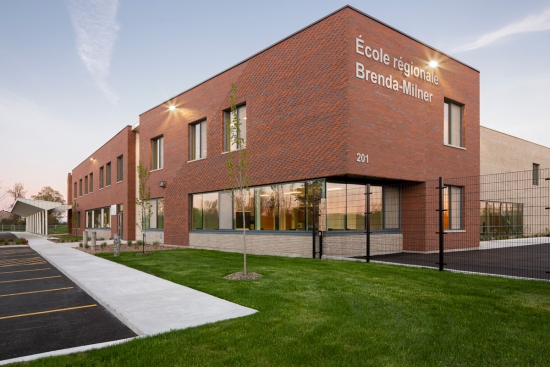
SNAC is mandated by Quebec’s Education Act, and advises the school board on policies, guidelines and funding related to students with special needs.
You can help set your child up for success by providing all relevant information (e.g., medical conditions, testing or evaluations done by outside professionals, significant changes in a family situation, etc.) to the school team. If you think your child may be having difficulty, the first step is to address the concern with your child’s teachers, with the resource teacher who may be providing assistance, or with the school administrator. The school team is familiar with your child’s daily school experience. They are often the best resource to suggest specific types of intervention or follow-up with professionals, or if additional assessment of your child’s difficulties seems necessary.
All schools have a range of services and supports which can vary according to need. School-based personnel may include resource teachers, special education technicians and attendants, literacy initiative teachers, special education teachers in Learning Centres, social work technicians and guidance staff. Professional services include speech and language therapists, psychologists, counselors in re-education, occupational therapists, consultants in inclusive education and in autism, and other educational professionals. Preventative support programs for students at-risk, or those with identified difficulties, include homework assistance programs, mentoring programs, social skills programs, the use of adaptive technology, and many more. Your child’s school administrator can provide you with information about the support available in your child’s school.
The Ministry of Education identifies struggling students as those with learning challenges, identified as Learning Difficulties (LD) or behavioural challenges, identified as Behavioural Difficulties (BD), and those with more serious difficulties, such as physical, developmental, emotional, or cognitive disabilities, resulting in a Ministry special needs identification. All special needs identifications require a school Resource Team meeting, an assessment confirming the student meets the Ministry’s criteria, and parents’ consent. More serious disabilities often require testing by medical professionals. Special needs identification, or “coding,” can only take place when, along with a diagnosis, a student is not able to achieve minimal cycle requirements and/or has serious difficulty functioning in the classroom. Special needs identification may also occur when a child enters the school system and parents provide assessment reports indicating a significant disability such as autism, intellectual delay, etc., which will interfere with the child’s learning. Parents must agree to the special needs identification codes for them to be implemented.
Not all children experiencing difficulty need a professional assessment. The progress of all students is continually monitored by classroom and/or resource teachers. These ongoing evaluations help determine a student’s individual progress and help plan for appropriate instruction. If/when a child experiences difficulties in the classroom, teachers may refer a student through the school Resource Team meeting process. Both school-level and board-level professionals sit at these meetings. It is at this meeting that the school team may refer a student for assessment by a professional. Psychologists, speech therapists and occupational therapists carry out consultations and assessments to determine the nature of a child’s difficulties and make recommendations to the family and teachers on how best to address the difficulties. An Individualized Education Plan (IEP), further assessment by a medical professional, or accessing outside services may be suggested. Parents are asked by the administrator for signed consent before professional assessment takes place. When the assessment is complete, parents are invited to a meeting at the school, where the professional reviews the assessment results and the recommendations with all concerned.

This regional school provides services to students who meet the criteria set out by the Ministry of Education; this school is managed by the Centre de services scolaire des Grandes-Seigneuries.